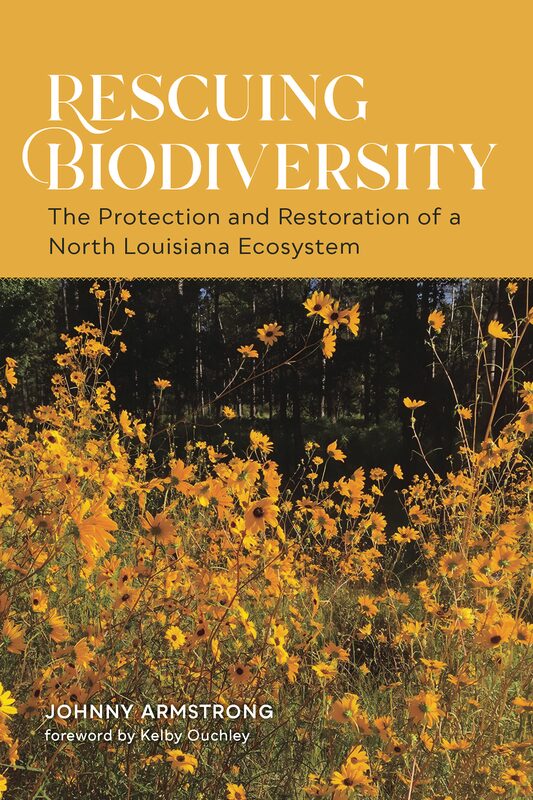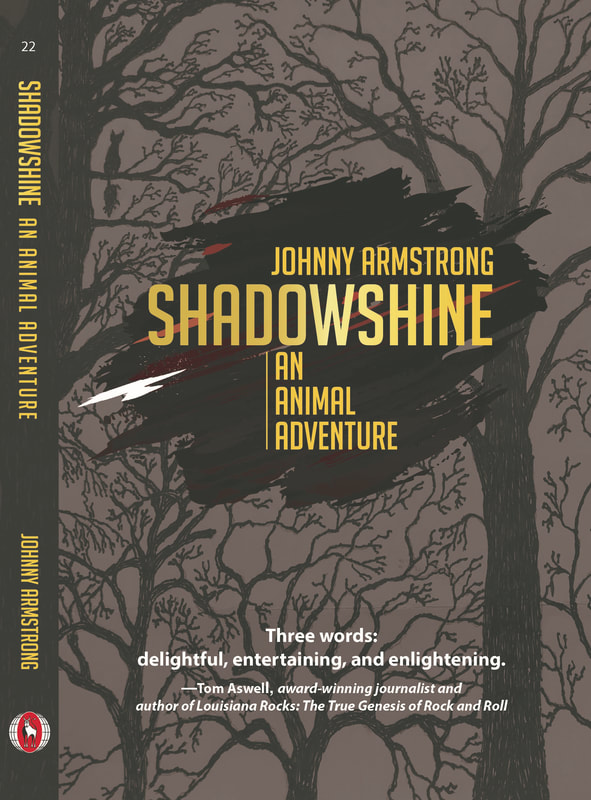|
The legumes are exceptionally important plants of the grassland woodland ecosystem because they are a very important food source for animals. They produce nectar from the flowers and protein from the seeds (the peas and beans). The legume seeds (the beans and peas) tend to hold their protein content longer than the grasses and other forbs in late winter. In addition, they enrich the soil by their symbiosis with nitrogen fixing bacteria (rhizobia and other bacteria) within the root nodules of the plant. The rhizobia take nitrogen from the air and convert it to nitrogenous compounds, such as ammonia, nitrate and nitrogen dioxide usable by plants, including the host legume, and other organisms. Legumes represent the third largest terrestrial plant family on Earth, following the orchid and sunflower families.
0 Comments
|
Johnny Armstrong, Author
#Biodiversity advocate. Ecosystem Restorationist. Steward of an old-growth forest and woodland in northern Louisiana. #ForestFolkMatter #ScienceMatters Rescuing Biodiversity (publishing in June 2023) tells the story of Johnny's attempts at Wafer Creek Ranch to preserve a vanishing Louisiana ecosystem and restore the animal and plant species that once lived there.
“An avowed student of life and restoration ecology, Johnny Armstrong expertly teaches us how to restore an imperiled southern ecosystem based on deep research, firsthand experience, and delighted observation of the species that return to his beloved Wafer Creek Ranch. Driving his devotion is the alarming truth that loss of biodiversity poses a threat on par with climate change and his impassioned belief that society can alter that trajectory, one acre at a time.”
Cindy Brown, Executive Director Land Trust for Louisiana “Up there on your bookshelf between Tolkien and Watership Down is where this book belongs. As an anthropomorphic adventure that winds through the realm of animals possessing courage, savagery, perseverance, and ultimately wisdom in the face of mounting evil threats – humans disconnected from the natural world – the tale is relevant, if not necessary.”
Kelby Ouchley, Author Bayou Diversity: Nature & People in the Louisiana Bayou Country Find an Indie Bookstore
Archives
January 2023
Categories |
CONNECT WITH JOHNNY & THE FOREST-FOLK
JOIN US AT THESE SOCIAL NETWORKS
Shadowshine, An Animal Adventure
by Johnny Armstrong ISBN-10: 1771834609 ISBN-13: 978-1771834605 #ForestFolkMatter #BookstoRead #Fiction #Literature #LiteraryFiction #AnimalFiction |
|
Official Site of Shadowshine, An Animal Adventure ©Johnny Armstrong
Website Developed and Managed by Freelance Creative Support Services
Website Developed and Managed by Freelance Creative Support Services




 RSS Feed
RSS Feed
